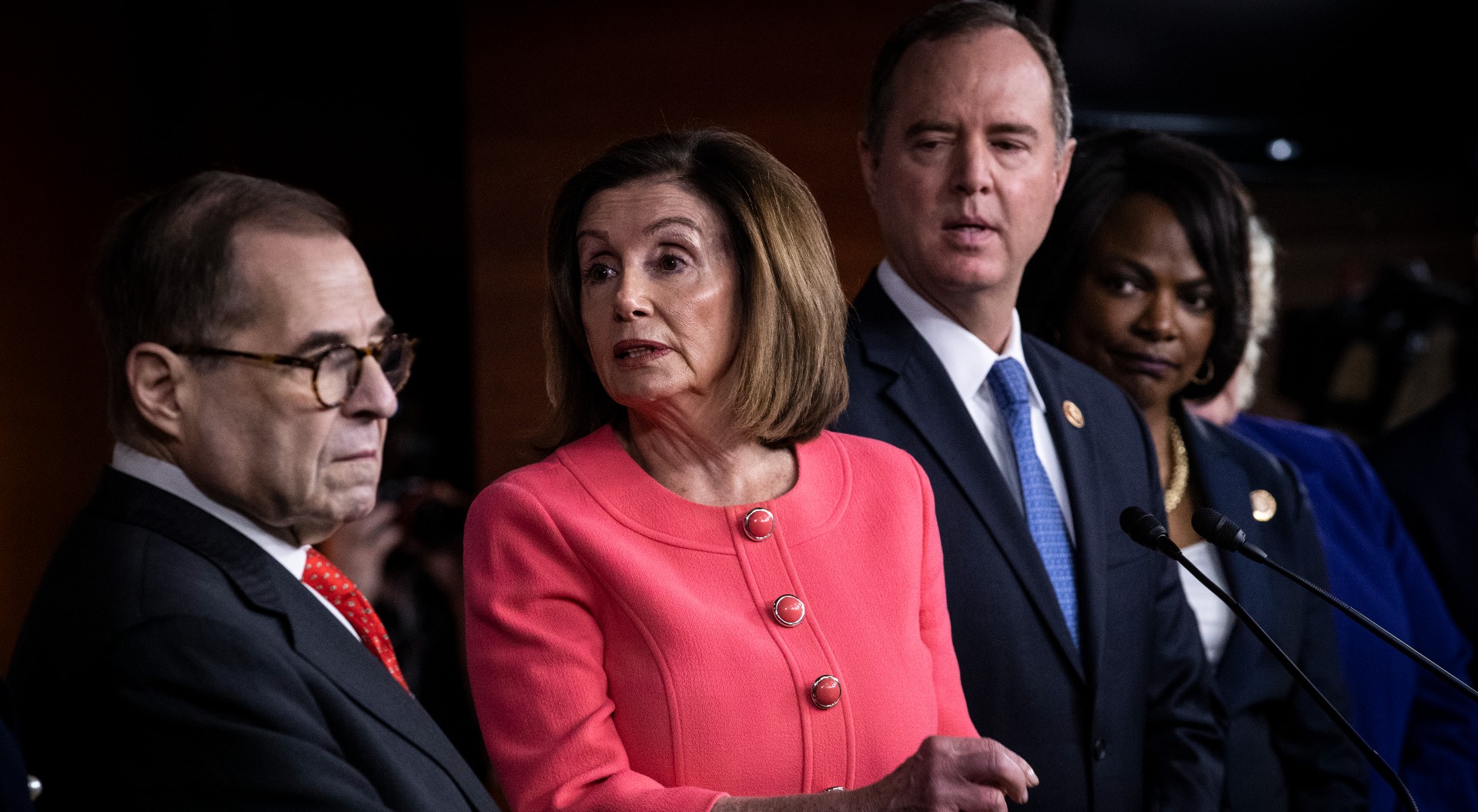OPINION: This article may contain commentary which reflects the author's opinion.
The Democratic Party is falling apart in epic fashion as November’s crucial midterm elections are just about a month away.
One of the Democrats retiring from the House is Rep. John Yarmuth, who said the fragile state of American democracy has him “freaked out.”
North Carolina Democrat Rep. David Price, who has also decided to retire from Congress, fears Democrats have done a poor job governing with inflation soaring and wages declining.
The impact of the Democrats’ failure to govern has Price feeling that Donald Trump’s working-class party will win back Congress, which is “a very alarming prospect for the country,” Price said.
Yarmuth revealed that the party is so fractured that some Democrat congressmen have nearly come to “blows.”
Yarmuth allegedly witnessed “moderate” Rep. John Garamendi (D-NY) and far-left Rep. Mark Pocan (D-WI) in a heated argument that looked like it could end in violence over how to enact Biden’s radical agenda.
“John was basically telling Mark to get his head out of his ass,” Yarmuth said of the argument. “He was saying, ‘You’re not accomplishing anything, you’re stupid.’ ”
A report from Yahoo News details infighting between moderates and progressives in the Democratic Party.
Moderates are pushing hard for a vote on a police reform bill and progressives are not interested in it — leaving the more moderate members worried it will cost them votes in November.
“Simmering tensions among congressional Democrats are rising to the surface as the party looks to secure a few more legislative victories in the final two-month sprint to the midterm elections,” Yahoo News reported.
“Centrist House Democrats are expected to push hard for a vote on policing legislation that has been delayed twice because of disagreements with House liberals. Pelosi punted a vote on the public safety bills last month. Liberals had opposed increases for police funding across the country given the outcry over violence by police against minority communities. But centrists running in tough races against the backdrop of Republicans decrying rising crime rates want to pass legislation that would provide more money for police,” the report added.
Democrats are also struggling with how to handle rising gas prices in the country.
“As prices at the pump trend up nationwide, the Biden administration is scrambling to shelter Democrats from consumer frustration, laying blame on oil company opportunism and threatening new restrictions on the industry,” the Washington Post reported.
“The renewed attention on the cost of fuel comes as gas prices have jumped in recent days by as much as 60 cents per gallon in some regions, posing a political challenge for Democrats. A decline in prices that stretched for 99 days helped to improve their prospects in next month’s midterm elections, during which control of Congress and several key governorships is at stake,” the report continued.
The report detailed:
The price hikes are substantial in several pivotal states. In California, where there are at least eight hotly contested House seats, the average price of gas is $6.38 per gallon, an increase of 62 cents in the past week. During the same period, it jumped nearly 40 cents in the swing state of Arizona, where polling averages reflect an extremely tight race for governor.
Nevada, Washington, Oregon, and Alaska have all seen prices jump by at least 40 cents per gallon in the past week. Throughout the swing states of the Midwest, the increase has been less severe, but large enough for drivers to feel the pain.
There is another concern with some of the intervention the administration is threatening, said Ben Cahill, a senior fellow at the Center for Strategic and International Studies: “It could quickly drive oil prices up. Forcing companies to replenish inventories of refined gasoline and diesel, he said, would lower available fuel on the global marketplace, pushing prices up for American consumers who rely on imported oil and gas.”
“I think the move would backfire,” Cahill said. “It could lead to shortages on the global market and drive prices higher on the East Coast and elsewhere in the U.S.”
